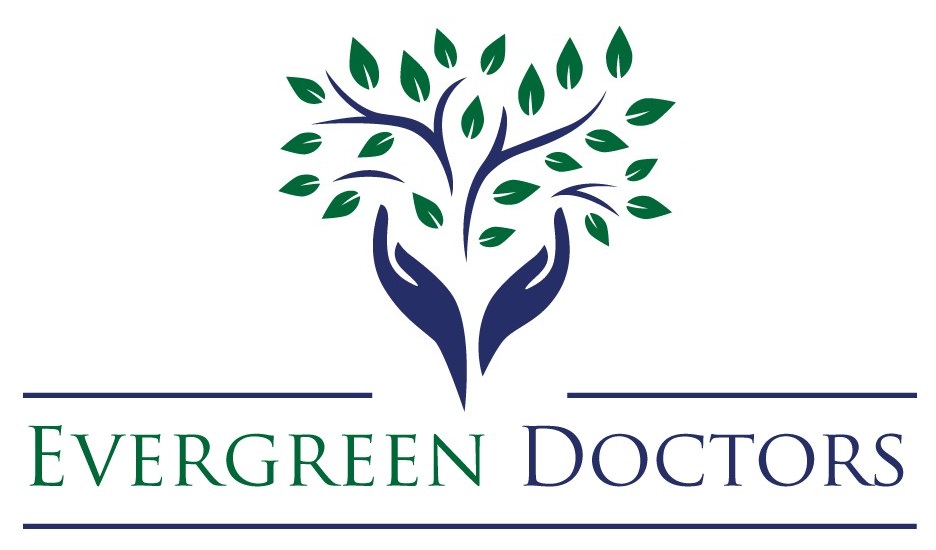Osteoporosis Prevention: What You Can Do Now to Build Strong Bones
Osteoporosis is a progressive bone disease characterised by a decrease in bone mineral density and deterioration of bone microarchitecture. This weakening of bones makes them more susceptible to fractures, even from minor falls or bumps. While fractures can occur anywhere in the body, the most common sites for osteoporotic fractures include the hip, spine, and wrist. These fractures can be debilitating, causing significant pain, disability, and even loss of independence. While it's more common in older adults, particularly women, osteoporosis can develop at any stage of life. The good news is that there are effective steps you can take on how to prevent osteoporosis and protect your bone health for years to come.
The insidious nature of osteoporosis is often referred to as a "silent thief" because bone loss often occurs without any noticeable symptoms until a fracture happens. However, some potential signs of osteoporosis can include:
Back pain caused by fractured or collapsed vertebrae in the spine
Loss of height over time
A stooped posture
If you experience any of these symptoms, it's crucial to consult your doctor for evaluation and potential bone density testing.
Types of Osteoporosis
There are two main types of osteoporosis:
Primary Osteoporosis: This is the most common type, affecting both men and women. It typically develops with age, with women experiencing a more rapid decline in bone density after menopause due to hormonal changes.
Secondary Osteoporosis: This type can be caused by various underlying medical conditions or medications. Conditions like rheumatoid arthritis, certain endocrine disorders, and long-term use of corticosteroids can contribute to bone loss.
Understanding the type of osteoporosis you may have is essential for determining the most appropriate treatment approach.
Understanding Osteoporosis
Bones are living tissues constantly undergoing renewal. In a healthy body, new bone formation keeps pace with the breakdown of old bone. Osteoporosis disrupts this natural process, leading to a decrease in bone density and an increased risk of fractures. Osteoporosis development is influenced by several factors. As we age, bone mass naturally declines, making older adults more susceptible. Women are at a particularly high risk due to hormonal changes associated with menopause. Family history also plays a role, with a close relative with osteoporosis increasing your own risk. Diet is important, as inadequate calcium and vitamin D intake can weaken bones. Certain lifestyle habits like smoking, excessive alcohol consumption, and physical inactivity further contribute to bone loss. Chronic illnesses and medications like steroids can also negatively impact bone health. Understanding how it affects your body is essential in learning how to prevent osteoporosis.
How To Prevent Osteoporosis
Here are some key strategies you can employ for preventing osteoporosis:
Diet
Building strong bones starts with a nutritious diet. Calcium, the primary mineral for bone strength, is vital. Adults under 50 should aim for 1000mg daily, while those over 50 need 1200mg. Include calcium-rich options like dairy products, leafy green vegetables, tofu, and fortified foods in your meals. Don't forget vitamin D, which aids calcium absorption and is essential for bone health. Sunlight exposure is a natural source, but dietary sources like fatty fish and fortified foods are important, too. Consult your doctor to check your vitamin D levels and discuss supplementation if needed. Other nutrients are important as well. Vitamin K plays a crucial role in attracting and binding calcium that then mineralises bones. Collagen is important for healthy bones, skin, muscles, and other body parts. Remember, a well-balanced diet rich in nutrient-dense foods, provides a foundation of essential nutrients that not only benefit your overall health but also contribute to strong bones.
Exercise
When it comes to bone health, weight-bearing exercise is your best friend. Activities like walking, jogging, dancing, and strength training all stimulate bone growth and improve bone density. Aim for at least 30 minutes of moderate-intensity weight-bearing exercise most days of the week. Remember the benefits of impact activities like jumping rope or step aerobics, which can also give your bones a boost. Remember to consult your doctor before starting any new exercise program, especially if you have any existing health conditions. They can help you create a safe and effective routine tailored to your individual needs for osteoporosis prevention.
Lifestyle Modifications
Beyond diet and exercise, certain lifestyle habits can significantly impact bone health. Smoking weakens bones and increases fracture risk, so quitting is necessary. Similarly, moderate alcohol consumption is key, as excessive alcohol intake can be detrimental to bone health. Maintaining a healthy weight is also important, as being underweight can increase the risk of osteoporosis. In some cases, your doctor may also recommend specific medications for preventing osteoporosis, depending on your individual needs and risk factors.
Early Detection is Key
Regular bone density scans can help detect osteoporosis early, allowing for timely intervention to prevent fractures. Talk to your doctor about whether a bone density scan is recommended for you for early osteoporosis prevention.
Evergreen Doctors: Your Partner in Osteoporosis Prevention
We understand the importance of bone health and the impact of osteoporosis. Our team of experienced healthcare professionals can assess your individual needs, develop a personalised plan to optimise your bone health, and answer any questions you may have about preventing osteoporosis, and other questions like what is bioidentical hormone therapy or menopause treatment options. Don't hesitate to browse our resources on osteoporosis prevention and other bone health topics on our website. Evergreen Doctors is here to partner with you on your journey towards lifelong wellness. Schedule an appointment today and take charge of your bone health for a stronger, healthier you in the future.

